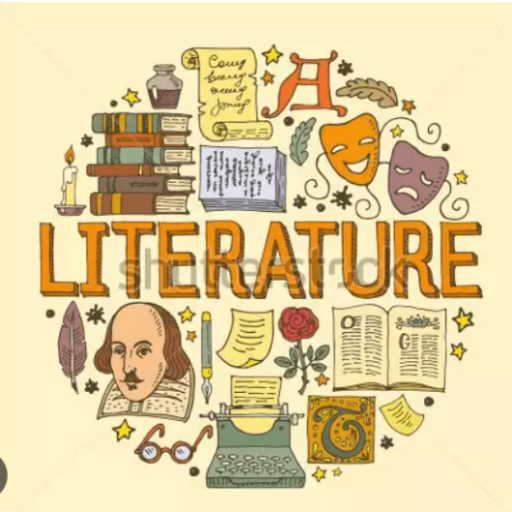“The Man Who Would Be King” is a captivating short story written by Rudyard Kipling. Set against the backdrop of British imperialism, it follows the ambitious journey of two ex-soldiers, Daniel Dravot, and Peachey Carnehan, as they set out to become kings of Kafiristan. The Major Themes in The Man Who Would Be King are as follows.
The story explores themes of ambition, colonialism, betrayal, and the perils of unchecked pride. With its richly woven narrative and thought-provoking themes, “The Man Who Would Be King” delves into the complexities of human nature and the consequences of daring to defy societal boundaries and challenge the forces of destiny.
Advertisement
What are the Major Themes in The Man Who Would Be King?
Ambition and Greed: The Drive for Power and Wealth
In “The Man Who Would Be King,” the theme of ambition and greed drives the narrative. Daniel Dravot and Peachey Carnehan, two ex-soldiers, embark on a grand quest to become kings of Kafiristan.
Advertisement
Their relentless pursuit of power and wealth blinds them to the consequences of their actions. Their ambition ultimately leads to their downfall, revealing the destructive nature of unchecked ambition.
Advertisement
Colonialism and Imperialism: The Clash of Cultures and the Desire for Dominance
The story explores the theme of colonialism and imperialism, with Dravot and Carnehan representing the British Empire’s expansionist mindset. They see themselves as superior to the native people of Kafiristan and strive to impose their rule upon them.
Advertisement
However, they fail to understand the cultural nuances and the depth of resistance they encounter. This theme highlights the clash of cultures and the detrimental effects of imperialism.
Betrayal and Deception: Major Themes in The Man Who Would Be King
Dravot and Carnehan initially win the trust of the people of Kafiristan by pretending to possess godlike powers. However, their deceit is exposed when Dravot’s true identity is revealed. The theme of betrayal underscores the fragility of alliances built on lies and the consequences of broken trust.
Hubris and Overreaching: The Dangers of Pride and Overconfidence
The theme of hubris and overreaching is prominent in the story. Dravot and Carnehan’s belief in their invincibility and their godlike status leads to their downfall.
Their excessive pride blinds them to the limits of their power and the realities of the world they seek to conquer. This theme serves as a cautionary tale about the dangers of unchecked pride and overconfidence.
Identity and Self-Delusion: The Search for Purpose and Self-Validation
“The Man Who Would Be King” explores the theme of identity and self-delusion. Dravot and Carnehan embark on their journey in search of purpose and self-validation.
They see their quest for kingship as a means to transcend their ordinary lives and establish their worth. However, their self-delusion prevents them from recognizing their own limitations and the consequences of their actions.
The Illusion of Control: The Unpredictability of Fate and Destiny
The theme of the illusion of control runs throughout the story. Dravot and Carnehan believe they can shape their own destiny and control the events unfolding around them.
However, they are ultimately confronted with the harsh reality that fate is beyond their control. This theme underscores the unpredictability of life and the inability of individuals to dictate their own destinies.
Conclusion: Major Themes in The Man Who Would Be King
“The Man Who Would Be King” by Rudyard Kipling explores major themes such as ambition and greed, colonialism and imperialism, betrayal and deception, hubris and overreaching, identity, and self-delusion, and the illusion of control.
Through its compelling narrative, the story provides insight into the complexities of human nature and the consequences of unchecked desires and misguided ambitions.

